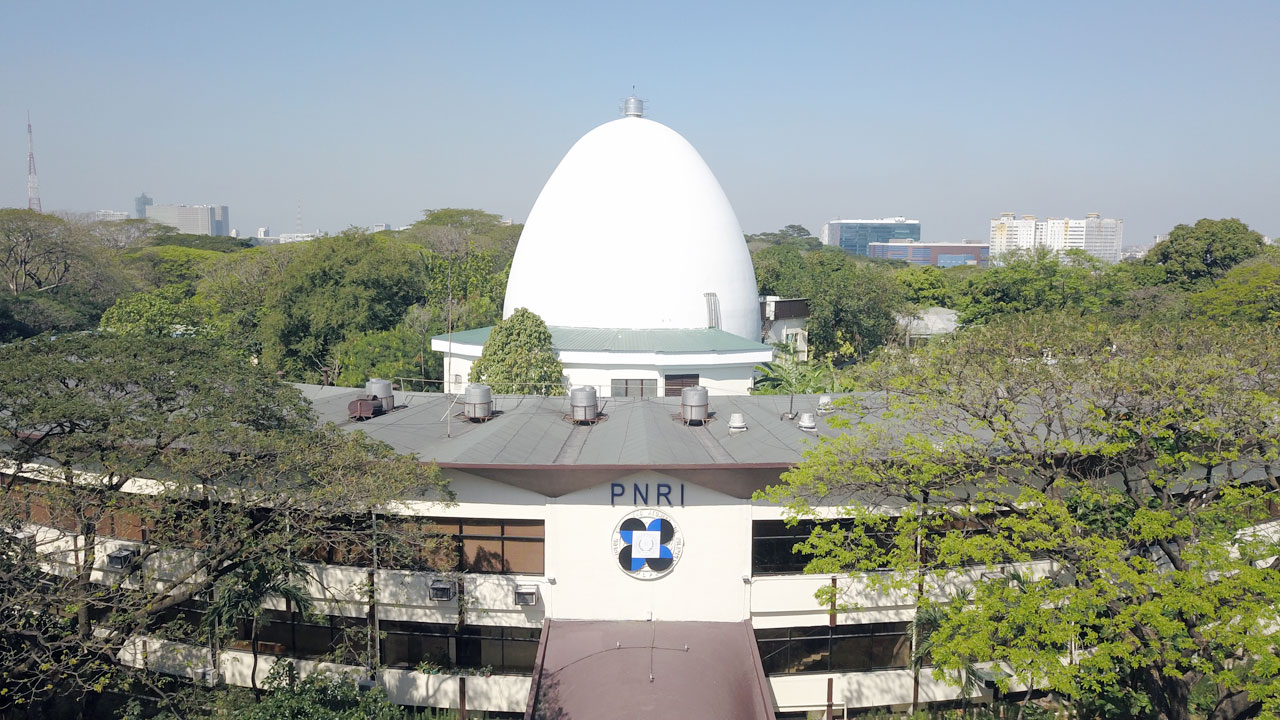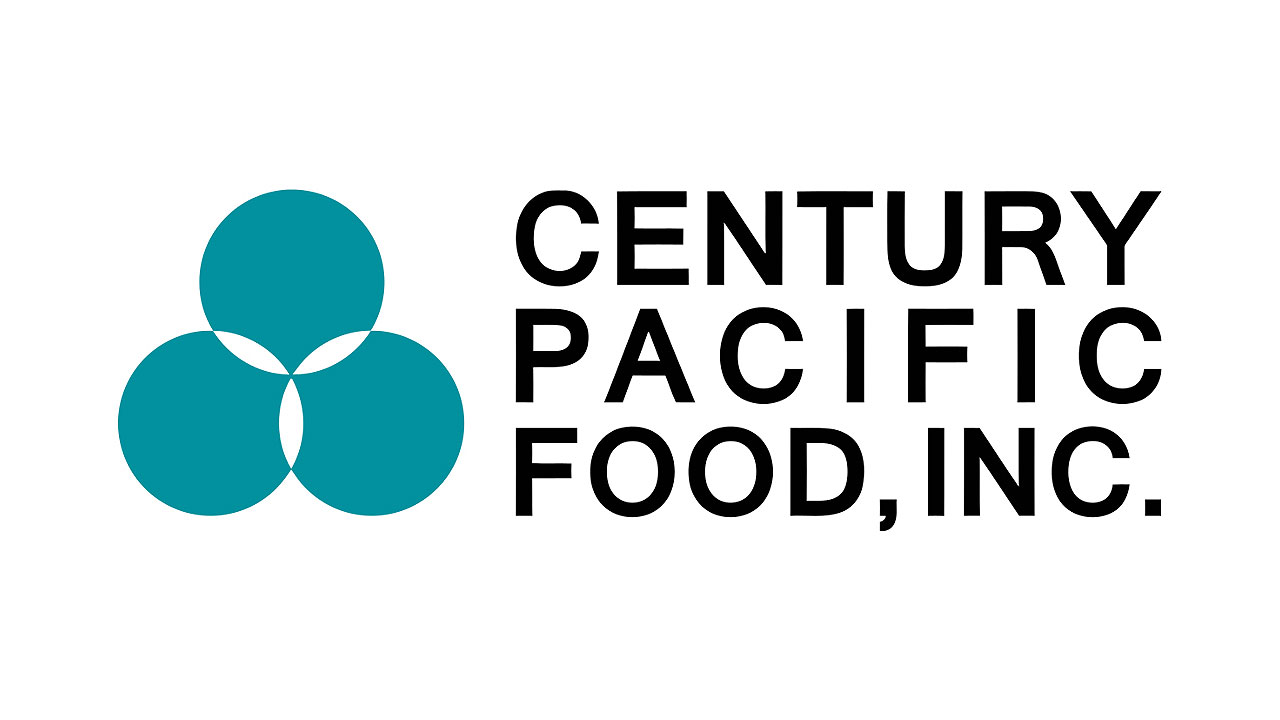
Upgrade to High-Speed Internet for only ₱1499/month!
Enjoy up to 100 Mbps fiber broadband, perfect for browsing, streaming, and gaming.
Visit Suniway.ph to learn

The Securities and Exchange Commission (SEC) is not abandoning the 20 percent minimum public ownership rule for initial public offerings, although it has approved the plan of the Philippine Stock Exchange (PSE) to relax its implementation of this requirement to make it easier for large companies like GCash to pursue their maiden offering plans.
The SEC said in a statement, “After thorough discussions with the PSE, the SEC has allowed, by way of exemptive relief, an initial public float of 15 percent, subject to strict criteria.”
“Companies may apply for this relief, provided they bridge any gap from the 20 percent standard within less than 24 months from the listing date and only as deemed necessary by the Commission,” it added.
The SEC said this covers listing applications already filed with and accepted by the Commission and the PSE. As of March 25, 2025, the SEC and PSE have yet to receive any application for regulatory relief from any potential IPO applicant.
However, the SEC said it remains firm on the 20 percent public float requirement, “especially given the value of higher public ownership to market depth and efficiency.”
The Rules and Regulations on Minimum Public Ownership (MPO) on Initial Public Offerings (IPOs) are provided under SEC Memorandum Circular No. 13, Series of 2017. The memorandum circular effectively increased the public float to 20 percent from the 10 percent requirement.
“Beyond enhancing market liquidity, the minimum public ownership requirement plays a crucial role in improving price discovery and reducing opportunities for price manipulation,” said the SEC.
It added that “The float requirement also seeks to reduce ownership concentration and encourage good corporate governance, ultimately strengthening the Philippine capital market.”
The SEC said it is “committed to maintaining a fair, transparent, and efficient capital marketadd
While the Commission welcomes new listings, it upholds stringent regulatory standards that safeguard the integrity and long-term stability of the Philippine capital market and the broader economy.”
PSE President and CEO Ramon S. Monzon said earlier, “We have been able to get approval from the SEC where companies that want to offer ₱5 billion or more can actually offer less than 20 percent.”
He added that, under the exemption, “They can offer 15 percent with a commitment that they will make a follow-on offering or a private placement in the next two or three years to comply in the 20 percent requirement.”
Globe Fintech Innovations, Inc. (Mynt), which owns the top e-wallet GCash, has been asking for an exemption from the rule. The stock market currently has liquidity problems and may not be able to absorb its IPO if it is required to offer 20 percent of its outstanding shares.
Mynt will seek a valuation of $8.0 billion when it goes public, possibly by yearend. This would value a 20 percent IPO at $1.6 billion. An IPO for 15 percent of GCash will amount to $1.2 billion—just below the $1.3 billion IPO of Monde Nissin Corporation, which is historically the biggest IPO in the Philippine stock market. However, in peso terms, this will be bigger than the ₱48.6 billion raised by Monde Nissin.
“Even at the low point of this range, an $800 million offering could be the country's biggest ever,” noted Abacus Securities Corporation.
It added, “In our view, the listing is likely to push through even if conditions are not ideal. Investors are hungry for quality IPOs... Also, waiting too long would risk turning Mynt's investment thesis stale... Bottom line, Mynt will have to list soon if management wants to extract the best value.
However, Monzon noted that, if newly-listed firms have a public float of less than 20 percent, “in the end, you have to address the index issue because you cannot be in the index if you're below 20 percent.
Monzon said the exemption from the 20 percent minimum public float requirement will only be for the two-year “transition period” while liquidity problems persist.

 3 months ago
16
3 months ago
16



